Proper Nail Hygiene | |
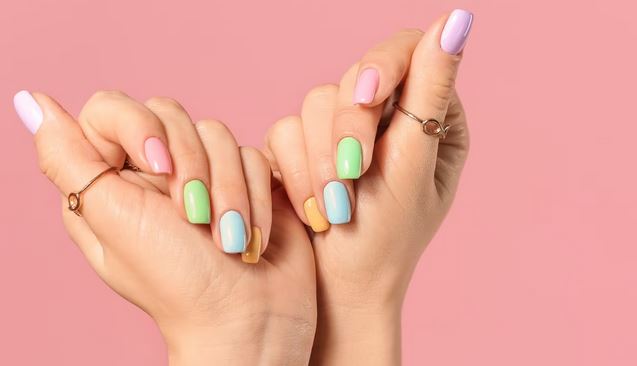
| |
Maintaining proper nail hygiene is essential for both the health and appearance of your nails. Neglecting nail care can lead to various issues, including infections, brittle nails, and unsightly conditions. By adopting a few simple practices, you can keep your nails clean, strong, and beautiful. In this article, we will explore the importance of proper nail hygiene and provide you with practical tips and insights to help you take care of your nails effectively. The Importance of Nail HygieneProper nail hygiene is vital to prevent the buildup of dirt, bacteria, and fungi on your nails and surrounding skin. By maintaining clean and healthy nails, you can reduce the risk of infections, nail diseases, and other nail-related problems. Additionally, well-groomed nails contribute to a neat and polished appearance. Basic Nail Care RoutineEstablishing a basic nail care routine will help you keep your nails in optimal condition. Here are some essential steps to include in your routine: Trimming and ShapingRegularly trim your nails to keep them at a manageable length. Use clean and sharp nail clippers or scissors to avoid jagged edges. Gently shape your nails with a nail file, following the natural curve of your fingertips. Cleaning and MoisturizingClean your nails thoroughly with warm water and mild soap, using a soft brush to remove any dirt or debris. Dry your hands and nails completely afterward. Apply a moisturizing lotion or oil to keep your nails and cuticles hydrated, preventing dryness and cracking. Cuticle CareTake care of your cuticles by pushing them back gently using a cuticle pusher or a soft towel after a warm soak. Avoid cutting or trimming the cuticles excessively, as they serve as a protective barrier against infections. Nail Polish ConsiderationsIf you choose to apply nail polish, ensure that you use high-quality products and follow proper techniques. Use a base coat to protect your nails, apply thin layers of polish, and finish with a top coat for added durability. Remove nail polish regularly to allow your nails to breathe and prevent discoloration. Protecting Your NailsIn addition to regular care, it's important to protect your nails from potential harm. Here are some practices to consider: Wearing GlovesWhen engaging in household chores or activities that involve exposure to water, chemicals, or harsh substances, protect your nails by wearing gloves. This will prevent your nails from becoming weak, brittle, or stained. Avoiding Harsh ChemicalsLimit your exposure to harsh chemicals, such as cleaning agents and solvents, as they can damage your nails and cuticles. If contact is unavoidable, wear protective gloves and thoroughly wash your hands afterward. Nail Health and DietMaintaining a balanced diet rich in vitamins and minerals promotes overall nail health. Include foods high in biotin, vitamin E, and iron, such as eggs, nuts, green leafy vegetables, and lean proteins. Stay hydrated by drinking an adequate amount of water daily. Common Nail Problems and SolutionsDespite our best efforts, nail problems may still arise. Here are some common nail issues and possible solutions: Nail InfectionsIf you notice signs of a nail infection, such as redness, swelling, or pain around the nail, it's essential to seek professional medical advice. Treatment may involve oral or topical medications to eliminate the infection and restore nail health. Nail DiscolorationNail discoloration can occur due to various reasons, including fungal infections, trauma, or certain underlying health conditions. Consult a healthcare professional for an accurate diagnosis and appropriate treatment options. Brittle NailsBrittle nails can result from factors such as excessive dryness, nutritional deficiencies, or frequent exposure to water. Keep your nails moisturized, wear gloves when doing chores involving water, and consider supplements or dietary adjustments to improve nail strength. Tips for Healthy and Beautiful NailsTo maintain healthy and beautiful nails, consider the following tips: Proper NutritionEnsure you have a well-balanced diet that includes essential nutrients for nail health. Incorporate foods rich in vitamins A, C, and D, as well as calcium, zinc, and omega-3 fatty acids. Regular Nail ExaminationsRegularly inspect your nails for any changes in color, texture, or shape. Early detection of abnormalities can help you address potential issues promptly. Avoiding Nail BitingNail biting can damage the nails and increase the risk of infections. If you have this habit, consider alternative coping mechanisms and keep your nails neatly trimmed to reduce the temptation. Professional Nail CareOccasionally treat yourself to professional nail care services, such as manicures and pedicures, to ensure thorough cleaning, shaping, and maintenance of your nails. Choose reputable salons that prioritize hygiene and sanitation. ConclusionProper nail hygiene is crucial for maintaining healthy, strong, and attractive nails. By incorporating regular nail care routines, protecting your nails, addressing common problems, and adopting healthy habits, you can enjoy the benefits of well-groomed nails. Remember to be consistent, pay attention to any changes, and seek professional advice when necessary to ensure optimal nail health. FAQs (Frequently Asked Questions)
| |
| Category: Nail Care | |
| Total comments: 0 | |
 |
| The Secrets to Achieving Bouncy and Defined Curls |
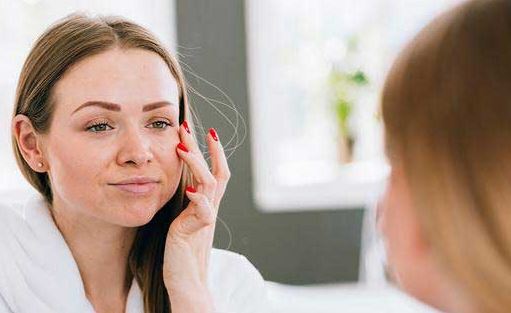 |
| Anti-Aging Skin Care Routine |
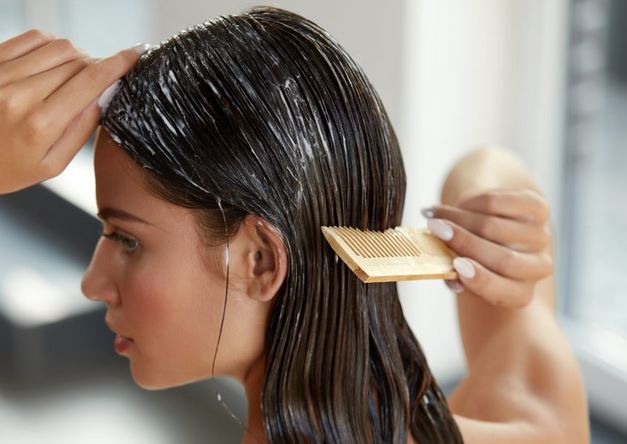 |
| The Ultimate Guide to Healthy Hair Care Routine |
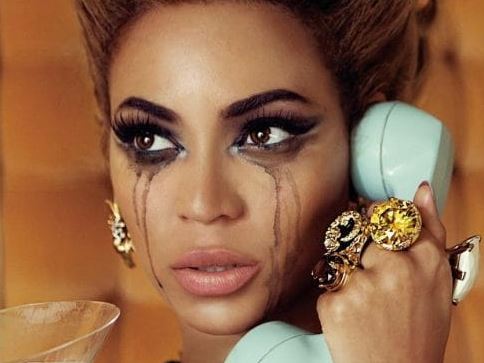 |
| How to Get Rid of Makeup Smudges and Smears |
 |
| The history and evolution of iconic fashion trends |
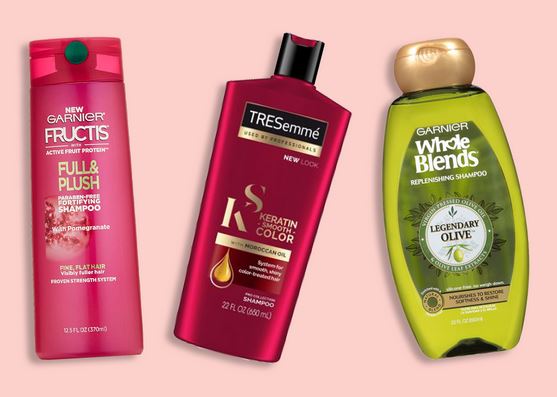 |
| The Best Shampoos for Different Hair Types |
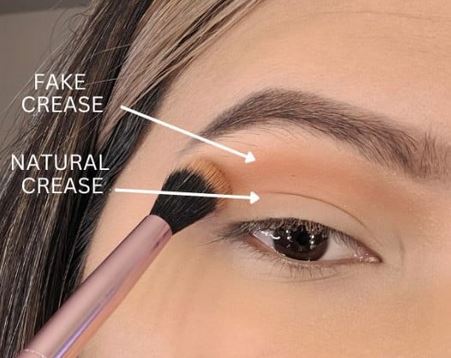 |
| Tips for Applying Makeup on Hooded Eyes |
 |
| The Dos and Don'ts of Makeup Application |
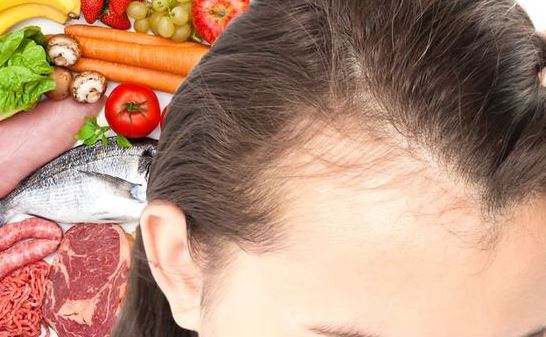 |
| The Importance of a Properly Balanced Diet for Healthy Hair |
